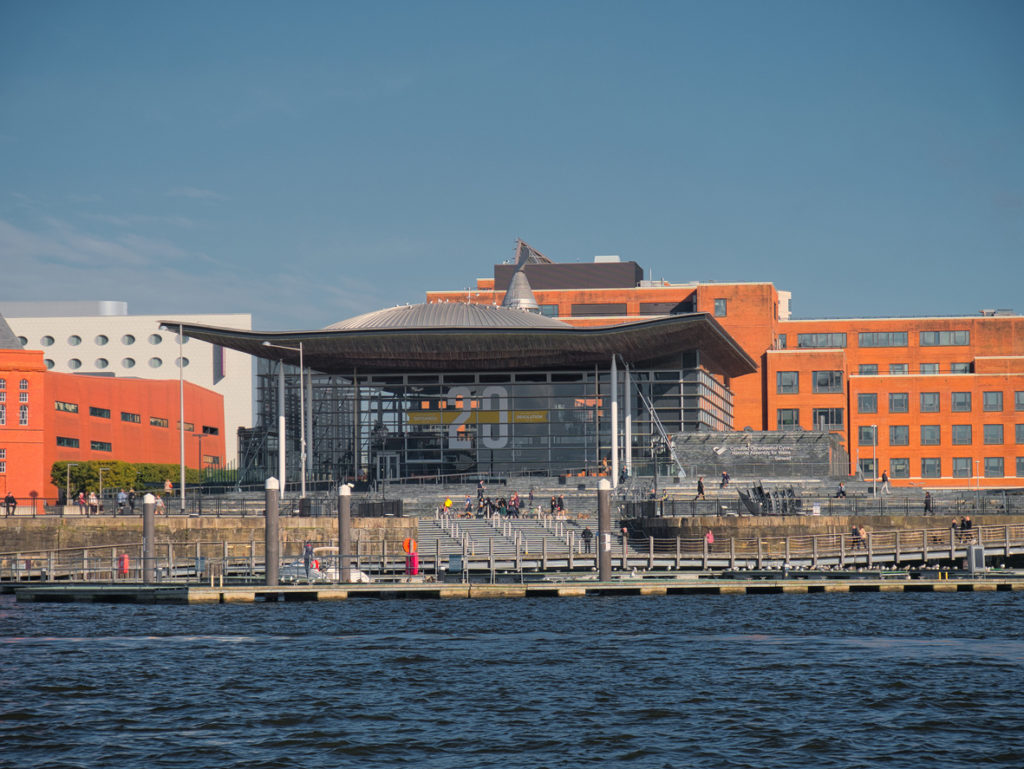Today marks one year since the Labour Government in Cardiff Bay entered into a “Cooperation Agreement” with Plaid Cymru – but is this something the Welsh people are signed up to?
In the before the 2021 Senedd election, Plaid leader Adam Price said he “wouldn’t support a Labour government under any circumstances – a Labour-led government under any circumstances.”
Yet, following in the steps of his predecessors, it didn’t take long for him to renege on that promise. You could tell something was amiss as he would not use First Minister’s Questions to scrutinise Mark Drakeford. Indeed, that between September 2021 and June 2022 found that the Plaid leader has used fewer than half of FMQ sessions to exclusively question Drakeford on his responsibilities.
The Agreement covers dozens of policy areas where Plaid Members of the Senedd will work with Labour ministers to deliver a joint programme. Its bizarre because, as a result, Plaid have some quasi ministers – called Designated Members – allowing the Party to enjoy the trappings of both government and opposition.


You may think that this grand deal talks about the bread-and-butter issues of the day. The NHS waiting list in Wales stands at over 750,000 people or over a fifth of the population, with 1-in-4 of them waiting over a year for treatment, 60,000 for over two.
In comparison, it is an eighth of the English population, with 1-in-20 waiting over a year. Two year waits have been virtually eliminated in England and Scotland, but did the Agreement look to tackle this or record slow ambulance responses, or Britain’s longest A&E waits?
Did it pledge to end Wales’ place as the lowest ranking UK nation when it comes to education standards? Did it commit to reversing the fact that Welsh workers take home less money than those in England and Scotland? Was anything to be done about poor public transport and road infrastructure?
No, it did not.
Instead, we had a deal revolving around the vanity projects and pet subjects nationalists and left-wingers with a tin-ear for the priorities of the public.
Labour and Plaid pushed ahead making 20mph the default speed limits for urban roads in Wales. Now, we Welsh Conservatives believe that such a limit is suitable for areas outside schools, hospitals, care homes, and such places. But the Labour Government, in cahoots with Plaid, will spend £32.5m implementing this policy, taking the responsibility out of the hands of local decisionmakers, at a cost of £4.5bn to the Welsh economy.
There is also the tourism tax, empowering councils to whack a levy on overnight stays in Wales, including those who are from Wales. Despite universal condemnation from the industry and the Welsh Government’s own analysis showing the higher the tax, the less money is spent in the area, Labour and Plaid are pushing this through, putting the 1-in-7 jobs in Wales dependent on tourism at risk.
Maddeningly, the pact includes a White Paper to introduce private sector rent controls. Despite overwhelming evidence abroad and, recently, Scotland that rent controls reduce supply, create a black market, reduce housing quality and, even, increase rent for new entrants the wilfully naïve lefties in Cardiff Bay cannot see beyond the headline.
Plaid even betrayed the farmers in their rural constituencies, u-turning on their opposition to damaging and overzealous nationwide water regulations even when the pollution problems it aims to tackles are isolated and local.
But they felt this was a price worth paying to introduce universal free school meals (FSMs) in primary schools. They are hoping to expand it into secondary education. FSMs are an essential aspect of supporting the poorest in society that the Welsh Conservatives support. But why should those who would usually get FSMs see their taxes used to feed the children of millionaires when resources should surely be concentrated towards families on the lowest incomes? And they call themselves progressive.
All of this in addition to the most navel-gazing of parts of the programme – creating 36 more Senedd members, a broadcasting authority, and a Constitutional Commission. Both broadcasting and the constitution are reserved to Westminster.
Meanwhile, the few sensible proposals in the deal have taken a back seat such as help for cladding victims, flood reviews, and a commission to examine how to reach net zero are not prioritised. Let’s not forget four years the First Minister promised a Clean Air Act and yet there’s no sign of it.
When the Agreement was drafted, it was following the final Covid lockdowns – and is light on mentions of pandemic recovery – but before the financial implications of them, the global increases in energy prices, and the Russian invasion of Ukraine.
Putting aside how divorced it was from people’s priorities at the time, Labour and Plaid could be forgiven for indulging in their worst policy desires, but given where public services and finances are now, it really is unacceptable to keep this document as the guiding core of Wales’ governing programme.
It is time for the Labour Government to ditch the self-love, for Plaid to become an actual party of opposition (they did come third in the election after all), to consign this feckless Cooperation Agreement to the dustbin of history, and focus on the priorities of the Welsh people.
We need to bring down NHS waiting times with surgical hubs and winter war rooms, divert money from vanity projects into education, attract investment to boost pay, and end the roadbuilding freeze to create a stronger economy.
We know what the Welsh people want and need – we now need a government to deliver it.
Andrew RT Davies MS is the Welsh Conservative leader

